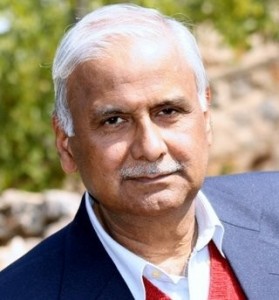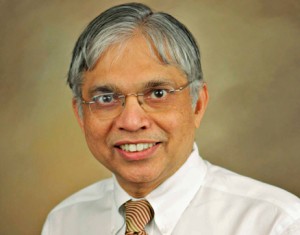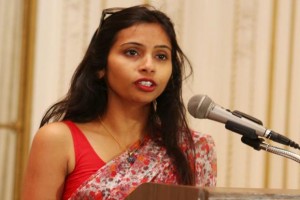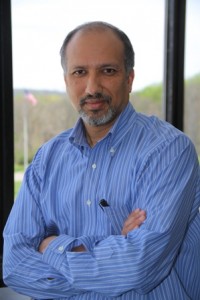-A Guest Blog by Dr. Jagdeep Chhokar
The first title that I thought of for this piece was “Indian democracy convulses”. It soon occurred to me that the title could be interpreted to mean that Indian democracy has convulsed and it did not necessarily convey the continuity of convulsion. In any case Indian democracy is too big and too complex to convulse or to have convulsed in a short span of time. Thus came the current title.
The process of convulsions has come to the surface now but it possibly started taking roots about 10-15 years ago when PILs started being filed about the electoral system. It gathered pace about five years ago, in the form of anti-corruption agitations, got sharpened as a result of the ghastly gang rape in Delhi in December 2012, and seems to have come to the surface with the stunning debut of the Aam Aadmi Party in the Delhi Assembly elections in December 2013.
 Most analysts and commentators, both in the print as well as electronic media, seem to have been dazzled by the results of the Delhi elections that they seem to notice only the day to day actions and utterances of the new government in Delhi. Judgments are passed about the long-term success or failure of Aam Aadmi Party on the basis of daily events such as the Rail Bhavan Dharna, the Khirki raids.
Most analysts and commentators, both in the print as well as electronic media, seem to have been dazzled by the results of the Delhi elections that they seem to notice only the day to day actions and utterances of the new government in Delhi. Judgments are passed about the long-term success or failure of Aam Aadmi Party on the basis of daily events such as the Rail Bhavan Dharna, the Khirki raids.
All these learned members of the commentariat would do well to visit the website of the AAP. There is a link that provides a straight answer to the question “Why are we entering politics” and it says, “Our aim in entering politics is not to come to power; we have entered politics to change the current corrupt and self-serving system of politics forever”
Taking the above statement on its face value and without necessarily approving or supporting AAP, it should be clear that changing a “system of politics forever” is not a short-term activity. It can only be, at best, a long and arduous process, and more so when the political system is as ingrained as ours has become, particularly over the last 30 odd years.
It also needs to be noted that the AAP or Arvind Kejriwal and his colleagues are not the only actors or participants in this process, though they are arguably the triggers of this process. Other important, and critical, actors are all the established political parties, the intelligentsia, the corporate world, the media, and other such institutions of Indian society. Possibly the most critical actors are the citizens because such deep seated social transformations do not, and cannot, happen without the approval and active participation of the citizenry at large.
If the commentariat looks ahead, all it can see is the 2014 election. Yes, the Lok Sabha election will be a defining one, as all Lok Sabha elections have been and should be but in the evolution of Indian democracy these elections might well be just one of the many stages. Indian democracy appears to be on the threshold of a major transformation for which convulsions have just begun. What these convulsions will or might lead to, only time will tell, and that time frame is not 2, 3, or 5 years. IF this effort is to succeed, it will take something like 10 to 15 years though it can fail any time.
We, as citizens, cannot and should not rest only by wishing for the best. It is high time citizens took our citizenship seriously and did our duty to democracy as enunciated by Felix Frankfurter (1882-1965), a judge of the US Supreme Court:
“Democracy involves hardship – the hardship of the unceasing responsibility of every citizen. Where the entire people do not take a continuous and considered part in public life, there can be no democracy in any meaningful sense of the term. Democracy is always a beckoning goal, not a safe harbor. For freedom is an unremitting endeavor, never a final achievement. That is why no office in the land is more important than that of being a citizen.”
Jagdeep S. Chhokar is former professor, dean and director in-charge of Indian Institute of Management, Ahmedabad.
Source: India Today
 MAG was founded in 1849 and Shah will become the first Indian American president in the organization’s history, he told one Indian American publication recently.
MAG was founded in 1849 and Shah will become the first Indian American president in the organization’s history, he told one Indian American publication recently.


